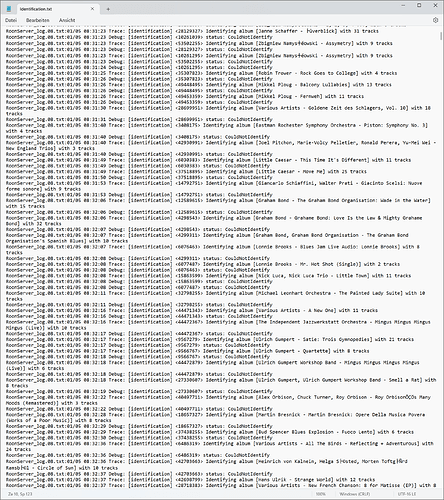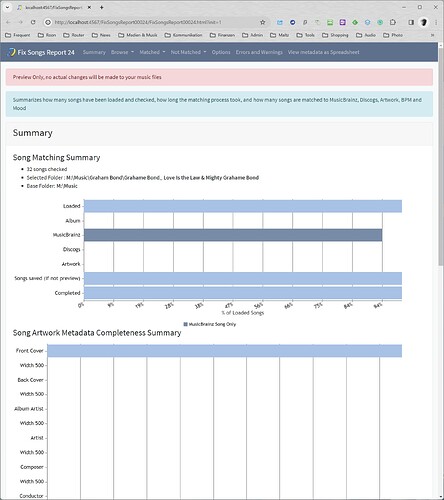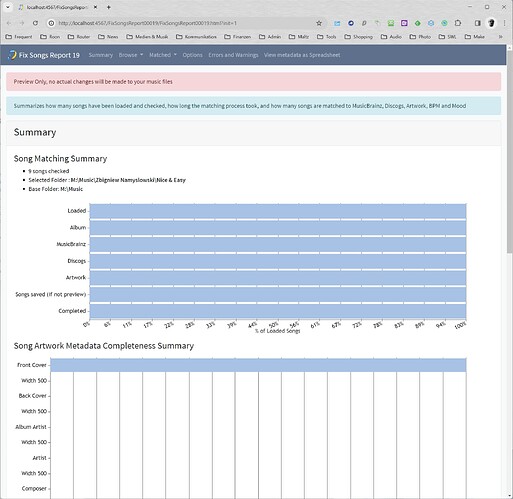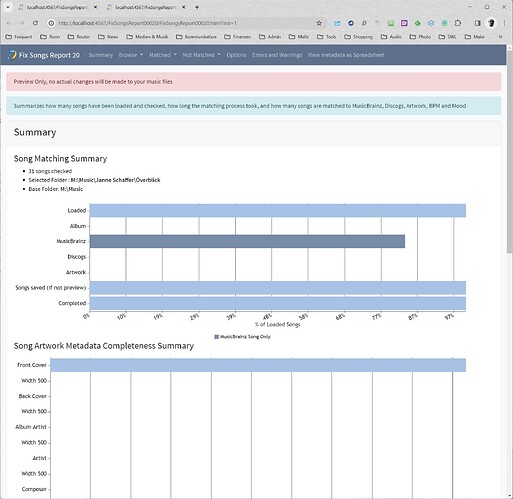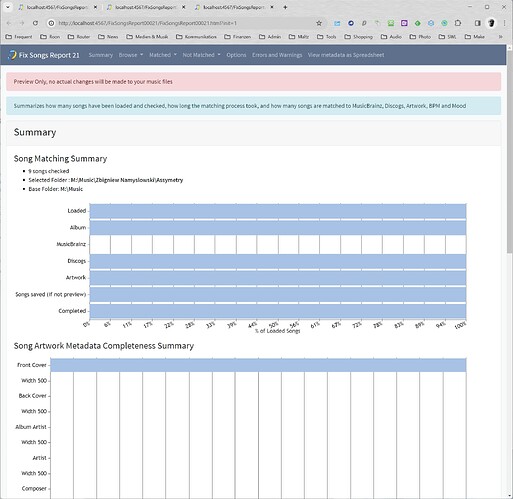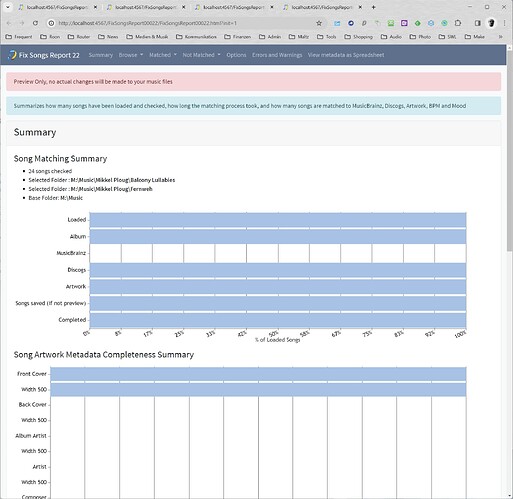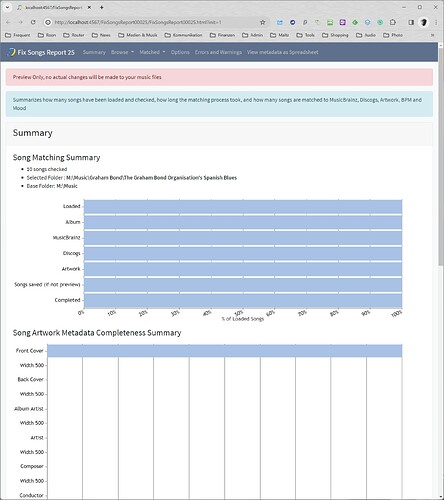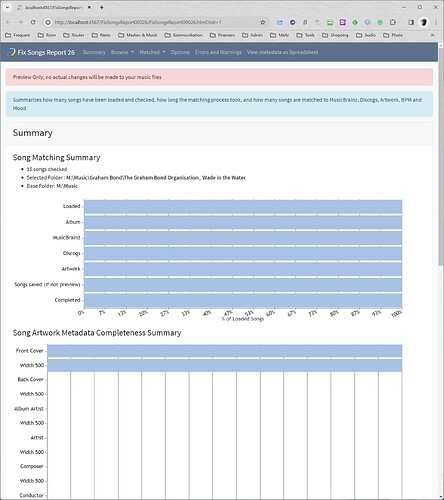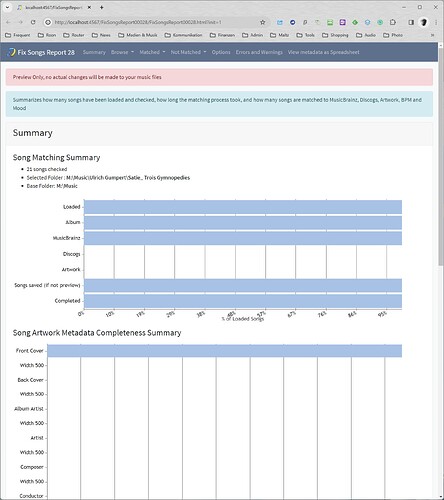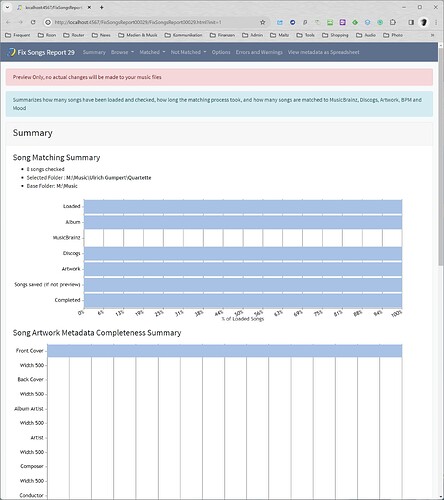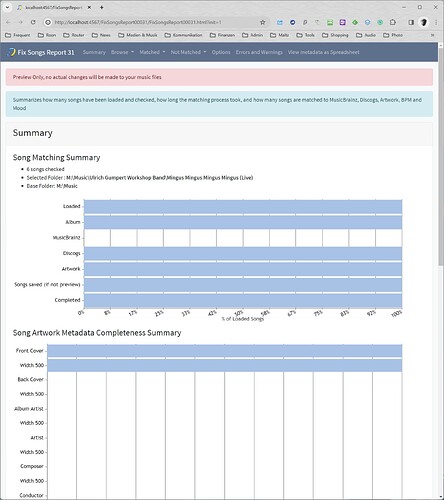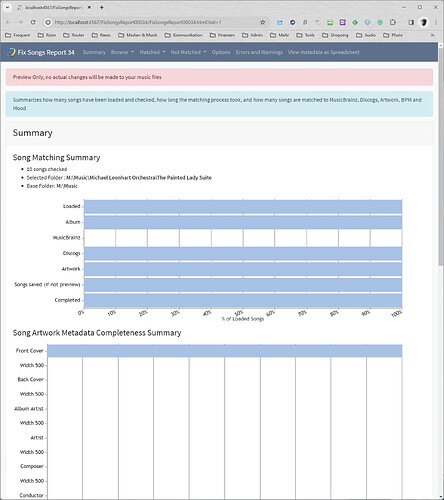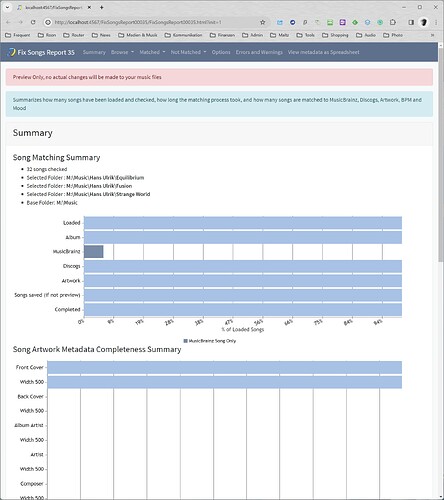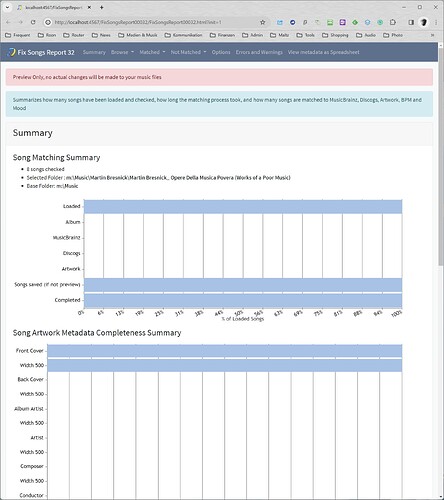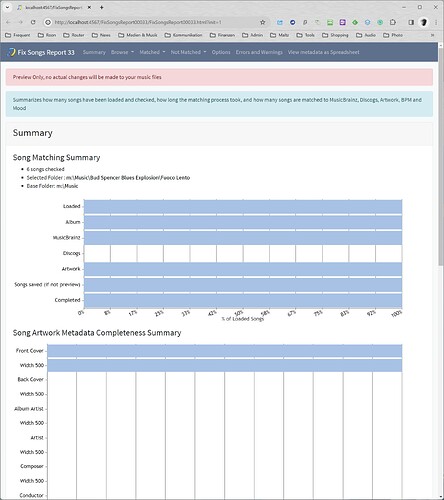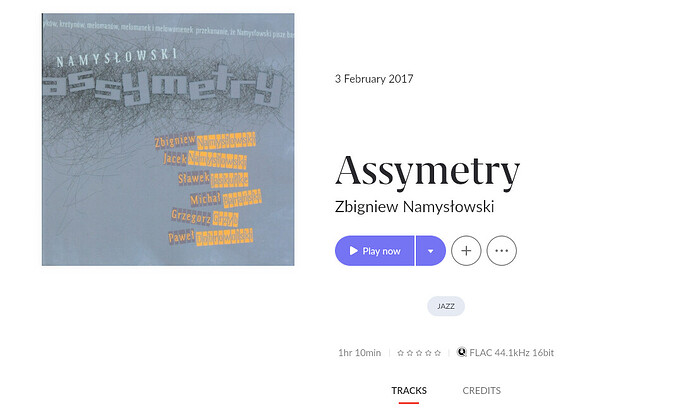Roon Core Machine
HP Prodesk 600G5 SFF, Intel(R) Core™ i7-8700, 64,0 GB, Windows 11 Pro, 23H2, 22631.2861
Database on internal NVME, Media on WD MyCloud (24TB)
This machine is used by roon only
Networking Gear & Setup Details
FritzBox7590, 1GB Ethernet to Core and NAS, WiFi to Clients. Internet Deutsche Telekom DSL, 100 Mb downstream, 40 Mb upstream (rock solid, low latency)
Connected Audio Devices
Pi3>USB>Matrix X-SPDIF3>AES/EBU>Genelec 8361a>AES/EBU>Genelec 8361a
PC>USB>RME ADI-2 DAC
Chromecast devices
Airplay
Number of Tracks in Library
Pretty large
Description of Issue
Question: Do regular (daily) restarts of roon have a negative impact?
Background:
Roon starts slowing down after one day of operation and does not move anymore after three or four days. This comes with a constant cpu load well above > 6%. Memory usage starts around 12-14 GB in the first hours of operation and then steadily goes up close to 40 GB.
I am under the impression that roon starts housekeeping tasks after a certain time of operation that bring down the whole system.
I moved roon to a dedicated machine, expanded memory to no avail.
I recently bought another machine to host rock. This did not work for me for various reasons (no proper restore of database, unexpected background audio analysis of all tracks which were already analyzed, no way to monitor machine…) and I gave up on this.
Playback, search, adding tracks work just fine up to 24 hours of running roon server and just goes south from there on.
The only way to enjoy roon is restarting, which is fine with me but might have side effects I am not aware and would like to learn about.
(I know that the system configuration listed above is not compliant with some suggestions made by the roon team. This is true for file storage and wireless connections to clients. I am well aware of this, and I am sure that both do not contribute to the problem. Same thing happened for years with an earlier system with local storage and a wired client.)
